Building a strong immune system is not just about popping vitamin supplements or diffusing your favorite immune building oils. It’s a deeper, more involved approach that includes decisions to nurture the body and mind through interwoven aspects. We’ll call them “pillars” for the purpose of this post. Your immune system pillars are: sleep, exercise, healthy eating, and psychosocial well-being. Creating an intentional care plan for each of these areas will help you strengthen your immune system and prep your body for its best defense.
Pillar 1: Quality Sleep: The Non-Negotiable Foundation for a strong immune system
In our fast-paced, modern lives, sleep often takes a backseat to work, social activities, and screen time. However, research shows time and time again that a good night’s sleep is crucial for a resilient immune system. This is largely due to the fact that during sleep, the body undergoes essential repair and maintenance processes, including the production of immune cells. Sleep is intricately linked to the function of immune cells, such as T cells and cytokines. Chronic sleep deprivation can lead to a decrease in these immune cells, making the body more susceptible to infections.
Tips for Better Sleep:
- Maintain a consistent sleep schedule.
- Create a relaxing bedtime routine.
- Limit exposure to screens before bedtime.
- Ensure a comfortable sleep environment.
Prioritizing and optimizing your sleep patterns is the first step in building a strong foundation for a resilient immune system. For more reading on improving your sleep, read this post. (5 Ways to Improve Sleep)
Pillar 2: Exercise: Moving Towards Immune Resilience
Did you know that regular physical activity is not only crucial for cardiovascular health and weight management but also plays a significant role in fortifying the immune system? Exercise has been shown to enhance immune function, reduce inflammation, and improve overall well-being. Engaging in moderate-intensity exercise has been linked to an increase in the circulation of immune cells, promoting their surveillance and response to potential pathogens. Physical activity can also contribute to a reduction in chronic inflammation, a factor that can compromise immune function.
What Kinds of Exercise and How Much is Beneficial for a strong Immune System?
While moderate exercise is beneficial, it’s important to strike a balance. Intense and prolonged workouts can potentially suppress the immune system temporarily. Therefore, adopting a well-rounded exercise routine that includes a mix of aerobic, strength, and flexibility training is key.
Regular, consistent exercise is more beneficial for immune health than sporadic intense workouts. Find activities you enjoy, whether it’s brisk walking, yoga, or cycling, and make them a part of your routine.
Pillar 3: Nourishing Your Body: The Role of Healthy Eating on a strong Immune System
Functional nutrition places a strong emphasis on the connection between food and health. A well-balanced, nutrient-dense diet provides the building blocks necessary for the strong immune system you’re wanting.
Key Nutrients for Immune Health:
- Vitamins and Minerals: Ensure an adequate intake of vitamins A, C and D, zinc, and selenium. These nutrients play pivotal roles in supporting immune function.
- Antioxidants: Found in colorful fruits and vegetables, antioxidants help combat oxidative stress and inflammation, contributing to a strong immune system.
- Protein: Essential for the synthesis of antibodies and immune cells, protein-rich foods such as lean meats and legumes..
- Water: adequate hydration is often overlooked, but is essential for immune health. Water helps transport those good nutrients above, eliminate wastes and maintain the balance of bodily fluids. All of these things contribute to a well-functioning immune system.
- Probiotics: Most people don’t know that a significant portion of the immune system resides in the gut. Therefore, maintaining a healthy gut microbiome is crucial for overall immune function. Include probiotic-rich foods like yogurt, kefir, and fermented vegetables in your diet to support your gut health and thereby, supporting your immune health.
- Fiber: Fiber rich foods can also help with your gut health.
Including these things in a rich, anti-inflammatory diet and supplementation as well as limiting foods high in sugar, sodium and your alcohol intake can be very beneficial in immune system support.
Pillar 4: Psychosocial Well-being: Nurturing the Mind-Body Connection
The mind and body are woven together and emotional well-being plays a pivotal role in our ability to fend off illness. Chronic stress, anxiety, and social isolation can weaken the immune system, making individuals more susceptible to infections. The stress hormone cortisol, when consistently elevated, can suppress the effectiveness of the immune system. Chronic stress has been linked to a higher incidence of infections and a slower recovery process. You may be able to recall a time when you functioned at a high level of stress for an extended period and then were hit with a virus that forced you to rest.
Incorporating mind-body practices into your routine can significantly contribute to your well-being. Activities such as meditation, yoga, and deep breathing exercises have been shown to reduce stress hormones, enhance immune function, and improve overall mental health.
Maintaining meaningful social connections is also a powerful immune booster. Engaging in positive social interactions and fostering a sense of community can provide emotional support and reduce feelings of loneliness, contributing to overall well-being.
As a functional nutritionist, the quest for a stronger immune system goes beyond quick fixes and isolated remedies. It involves a comprehensive and consistent nurture approach that addresses the interconnected nature of sleep, exercise, healthy eating, and psychosocial well-being. By nurturing these four pillars, you not only build resilience against infections but also cultivate a foundation for overall health and vitality. Remember, true immune strength lies in the harmony of a well-balanced and holistic lifestyle.
Resources:
https://www.cuimc.columbia.edu/news/what-you-really-need-do-boost-your-immunity
https://www.health.harvard.edu/staying-healthy/how-to-boost-your-immune-system
https://www.rupahealth.com/post/a-functional-medicine-immune-support-protocol
https://www.ncbi.nlm.nih.gov/pmc/articles/PMC7482148/
https://www.ncbi.nlm.nih.gov/pmc/articles/PMC8264770/
https://www.ncbi.nlm.nih.gov/pmc/articles/PMC9083862/






